Politics
ALEXIS RODRIGUEZ, ANTONY BLINKEN, BOLIVARIAN NATIONAL POLICE, BRAZIL, CHEVRON, CNN POLITICS, CORRUPTION, CUBA, DEMOCRACY, EDMUNDO GONZALEZ, FREDDY ÑAÑEZ, NATIONAL SECURITY, NORTH AMERICA, RIO DE JANEIRO, SANCTIONS, SOUTH AMERICA, TRADE RELATIONS, UNITED STATES, US, US DEPARTMENT OF THE TREASURY, VENEZUELA
Nia Simpson
US Imposes Sanctions on Venezuelan Officials to Encourage Democratic Transition
The United States announced sanctions on over 20 Venezuelan officials linked to President Maduro to pressure for a democratic transition following the disputed July election. Key figures, including the new chief of staff and communications minister, have been targeted. The U.S. formally recognizes opposition leader Edmundo Gonzalez as president-elect, emphasizing the need for accountability and respect for voter will.
On Wednesday, the United States imposed sanctions on over 20 officials connected to Venezuela’s authoritarian leader, President Nicolas Maduro, as part of an effort to encourage adherence to the results of the disputed July presidential election. Senior officials expressed the belief that these sanctions, which specifically target military personnel within various security branches, will motivate Venezuelan officials to distance themselves from Maduro and foster a democratic transition. Among those sanctioned are important figures such as Anibal Coronado, the new chief of staff, and Communications Minister Freddy Ñañez.
The sanctions come in the context of the U.S. formally recognizing Edmundo Gonzalez as the president-elect following the election in which Maduro was challenged. Secretary of State Antony Blinken reiterated the importance of upholding the democratic choice made by the Venezuelan populace. The U.S. continues to review its extensive oil sanctions, although exemptions allowing certain companies, including Chevron, to operate in Venezuela remain intact.
Officials noted that their actions are intended to enhance democracy in Venezuela while holding the Maduro regime accountable for its oppressive practices. Most top Venezuelan officials have faced sanctions since the onset of the country’s crisis in 2017, with Maduro himself being implicated in serious criminal allegations and sought by U.S. authorities with a significant financial reward for information leading to his apprehension.
This article presents the most recent U.S. sanctions against Venezuelan officials as a strategic move to facilitate a political transition in Venezuela. Amid increasing international scrutiny and internal dissent, the United States aims to pressure the Maduro administration following widely contested elections. Sanctions have become a pivotal tool in U.S. foreign policy to respond to authoritarian regimes, aiming to uphold democratic values and support opposition movements.
In conclusion, the latest U.S. sanctions targeting Maduro-aligned officials underscore a significant escalation in response to Venezuela’s political crisis. These measures reflect ongoing efforts by the U.S. government to catalyze a shift towards democracy in Venezuela and hold accountable those responsible for undermining democratic processes. The situation continues to evolve, with recognition of opposition leadership reinforcing the call for respect for electoral outcomes and the will of the Venezuelan people.
Original Source: www.cnn.com
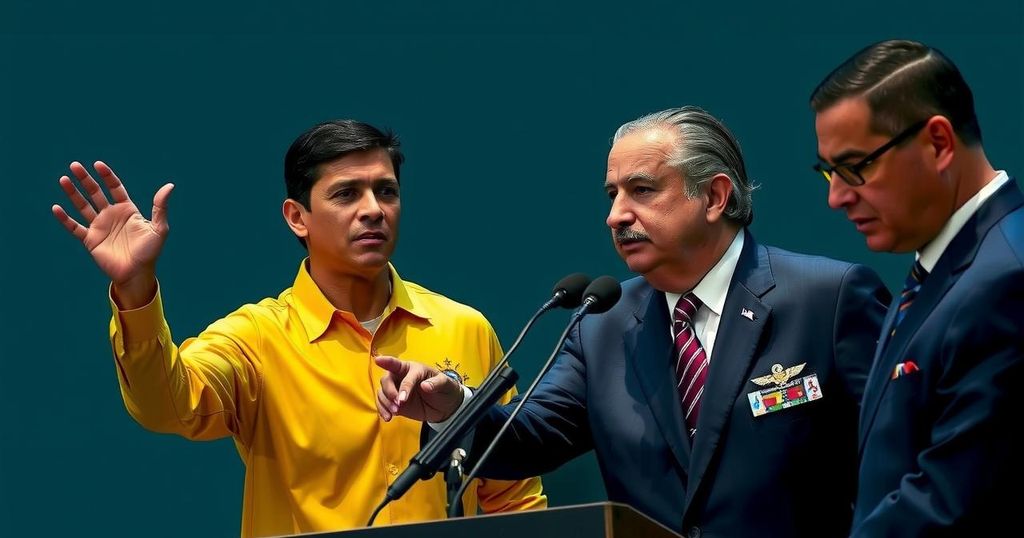
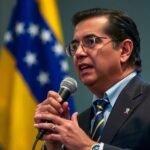


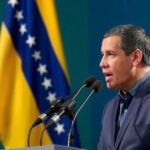
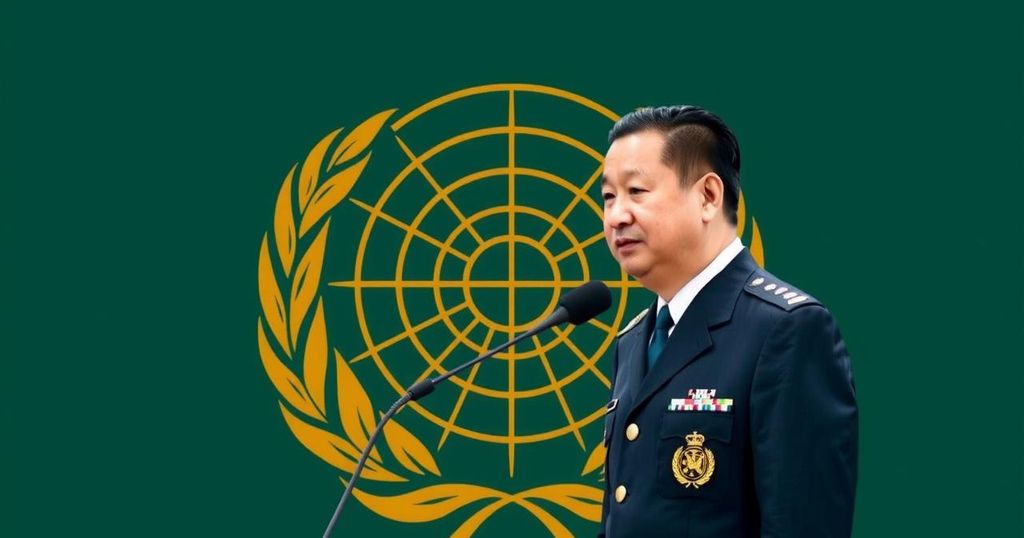

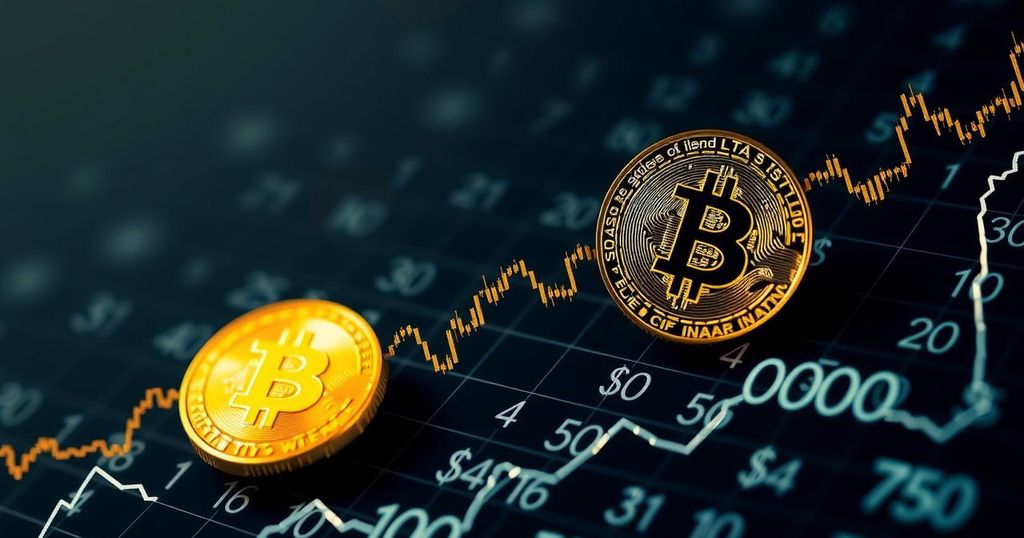
Post Comment